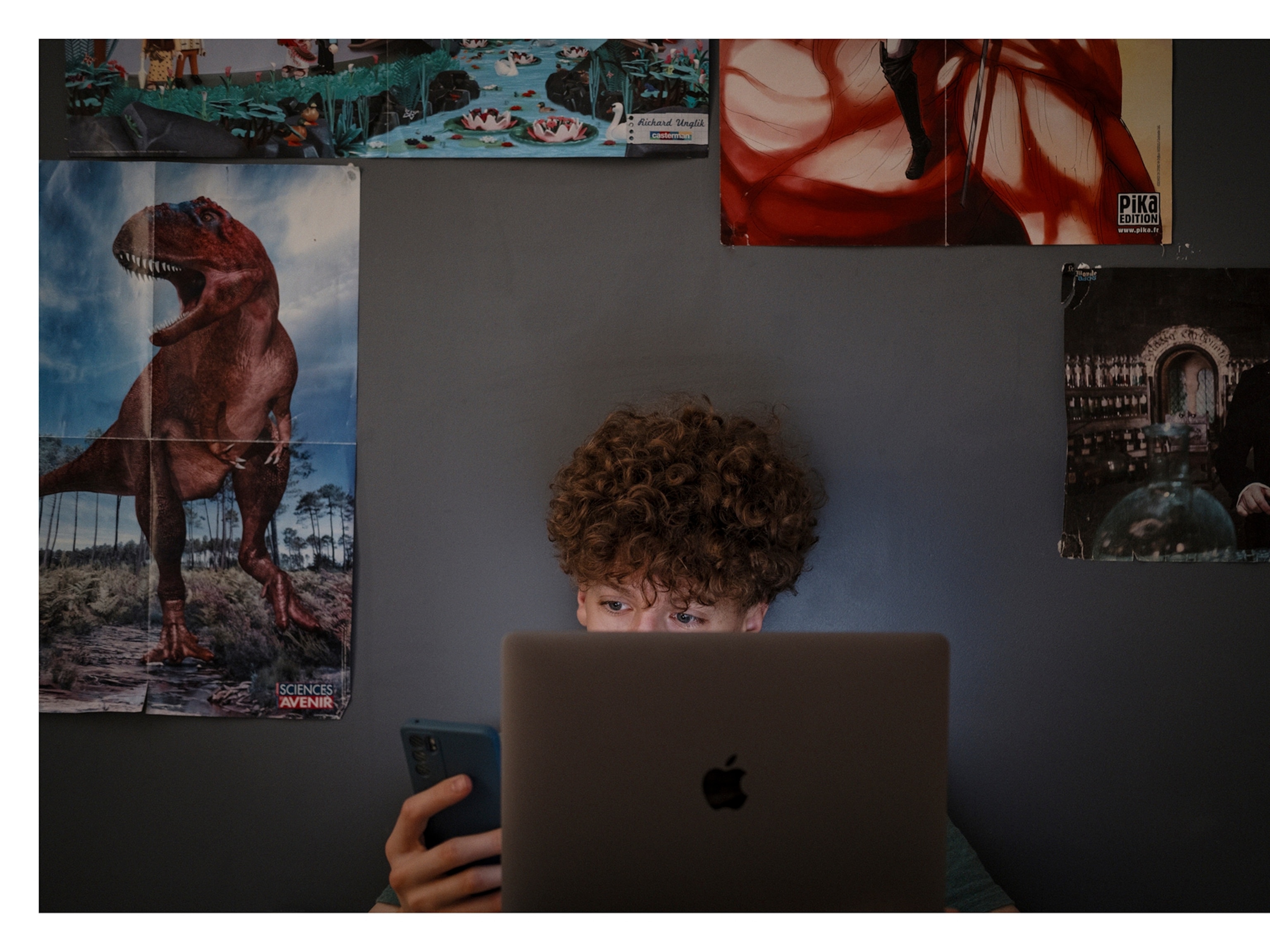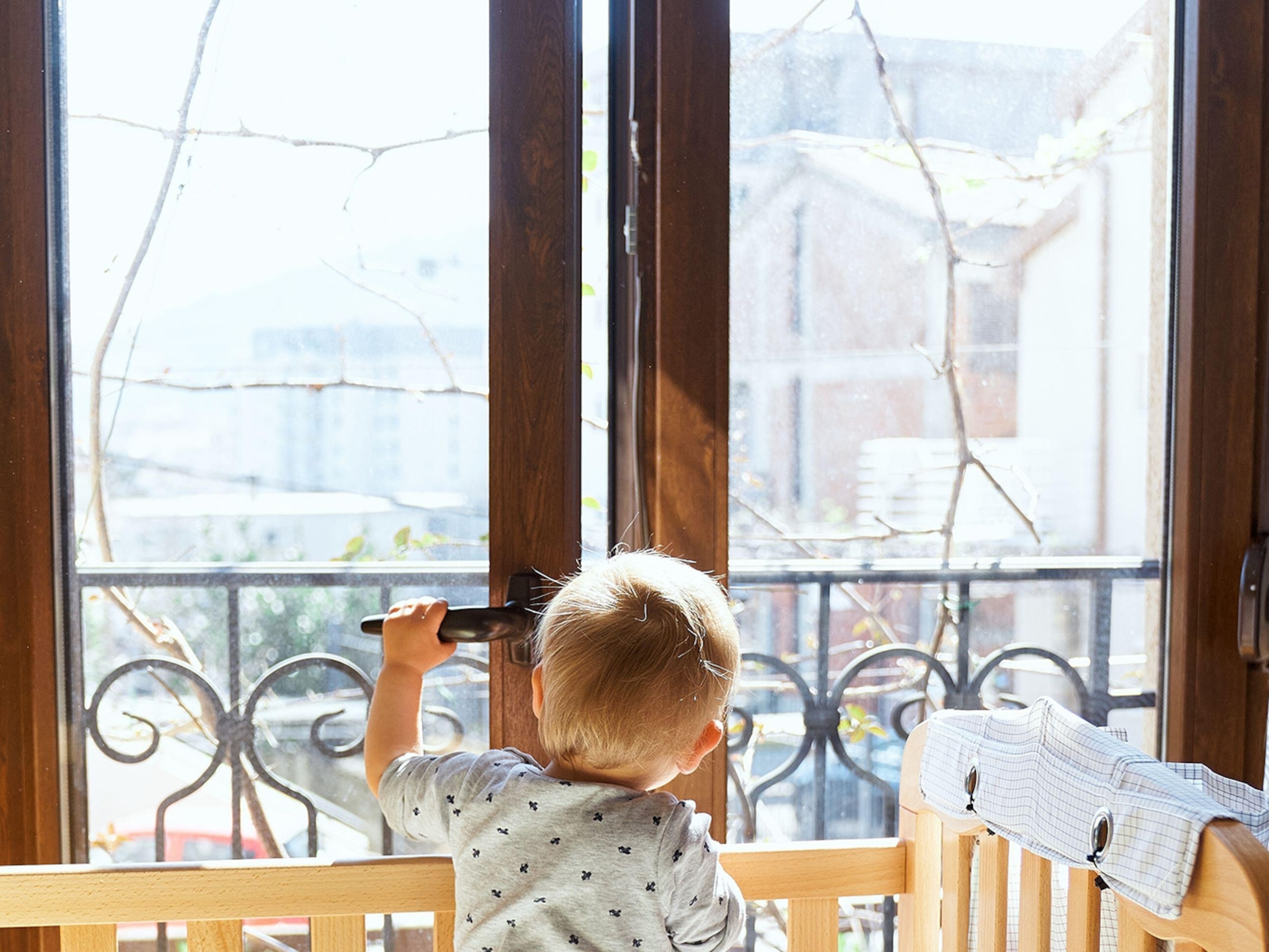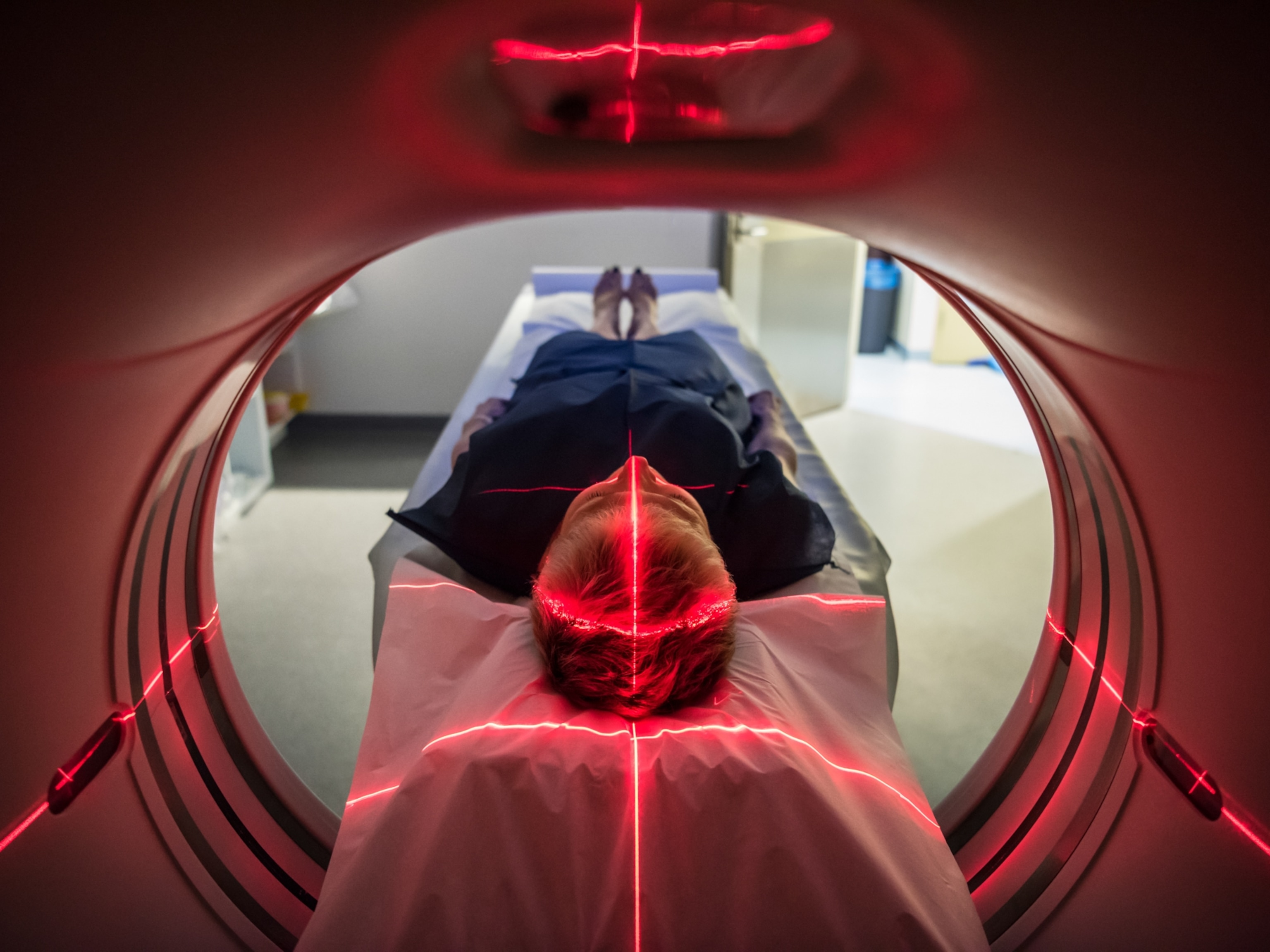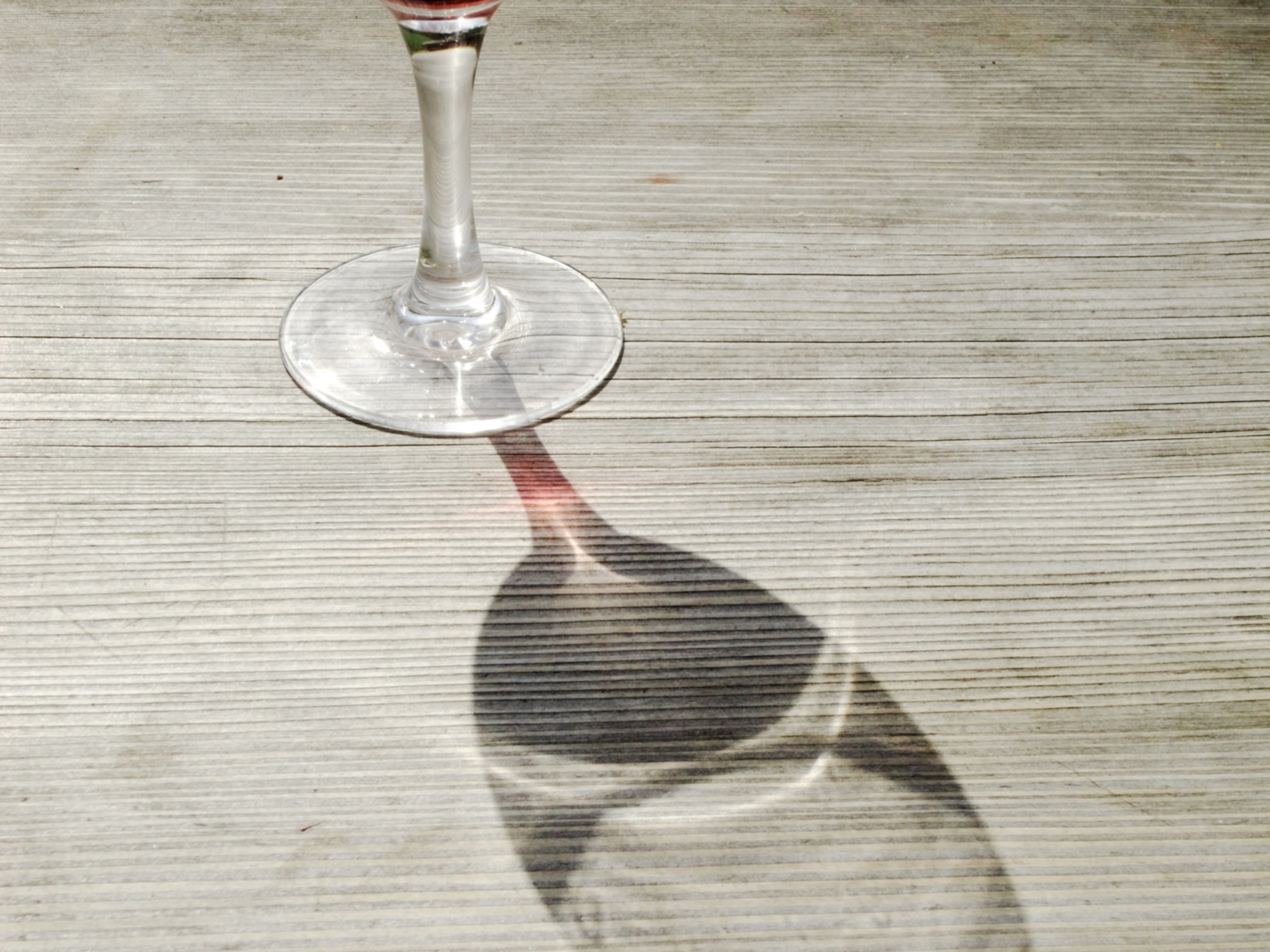Some people claim taping your mouth shut helps you sleep better—but what are the risks?
The popular trend claims that taping can reduce dry mouth, prevent snoring, and help you stay asleep, but there are safety concerns.
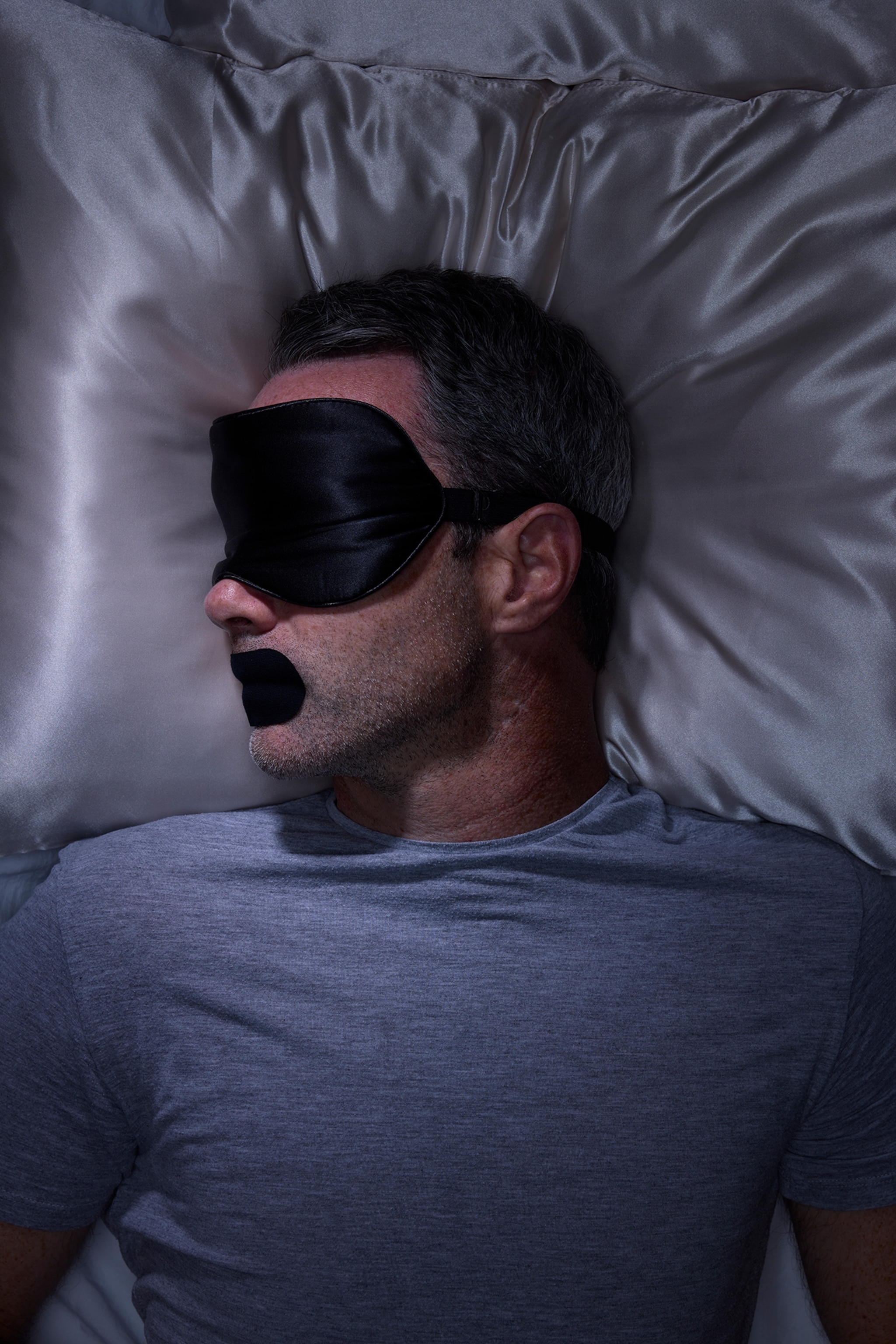
Sleeping with mouth tape, or surgical tape placed over the lips to prevent mouth breathing, has been a popular social media trend.
Last March, Olivia Tennison, a content creator on the platform, shared her experience using the sleep hygiene hack. As of early September, the video had over eight million views.
“I slept with my mouth wide open and had discomfort. After sleeping with it on for one night, I knew it was going to continue to be a part of my sleeping routine indefinitely,” Tennison says. “Not only does it keep my mouth closed during the night, preventing the dry mouth I was previously experiencing but it helps me stay asleep throughout the night.”
According to a 2023 survey of 2,005 adults who had recently tried sleep trends, more than one in 10 people had tried mouth taping. People admit to trying the trend to stop snoring, reduce mouth breathing, and for some—to change their face shape. Some videos on the social platform claim that mouth taping improves the jawline and reduces the appearance of a double chin.
Despite the online popularity of the sleep trend, the medical evidence to support this practice is scant, says Indira Gurubhagavatula, professor of medicine at Perelman School of Medicine at University of Pennsylvania, and spokesperson for the American Academy of Sleep Medicine.
Instead, mouth taping may actually cause health problems.
Risks of mouth taping
Although some users like Tennison didn’t experience any issues from using mouth tape, the practice can make it hard for people get enough oxygen. “In particular, people with existing lung conditions or known sleep apnea should be cautious about using mouth tape,” Gurubhagavatula says.
Obstructive sleep apnea, or the partial or complete collapse of the airway, is one of the most common sleep disorders, affecting about one billion people between the ages of 30 and 69 globally.
A small 2022 study looked at 20 patients with mild obstructive sleep apnea who slept with mouth tape and found that 13 snored less while using mouth tape. However, more research is needed to determine if mouth tape can help treat sleep apnea or prevent snoring.
According to the Sleep Foundation, a sleep health education organization, mouth taping has reported side effects including disrupted sleeping or difficulty breathing through the nose. Mouth tape may also irritate the lips and be painful to remove.
However, mouth tape does support nasal breathing, which can help to filter air, regulate temperature, and prevent structural changes in the face.
Benefits of breathing through your nose
There aren’t any studies that suggest mouth tape changes jaw shape among adults, Salma Batool-Anwar, program director Sleep Medicine Fellowship at Massachusetts General Brigham, said. However, mouth breathing can change the shape of your face during teenage years and early adulthood.
A 2022 study found that children who breathed through their nose have a correctly positioned palate and tongue, while those who breathe through their mouths created changes in facial muscles, lips, tongue, and jawbone.
As for adults, more research is needed to fully understand the impact mouth breathing has on facial structure long-term, Gurubhagavatula says.
The negative effects associated with mouth breathing also include cavities, gum disease, dry mouth, or bad breath. “Some people with mouth breathing may wake up with a sore throat or dry mouth,” says Gurubhagavatula. “Sometimes these symptoms can be so troublesome that they can interfere with sleep.”
Unlike mouth breathing, nose breathing can help regulate the temperature of the air you breathe, while filtering out any allergens before they reach the lungs, Batool-Anwar says. Additionally, there might be less resistance of the upper airway: “During sleep, the resistance is lower for nasal breathing compared to mouth breathing.”
In other words, nasal breathing resulted in better quality sleep.
What you should do to improve nasal breathing
“If someone feels the need to breathe through their mouth, instead of taping it, it might be worth checking for blockage of the nasal passages due to congestion from allergies, viral infections, polyps, a deviated nasal septum or other structural difference,” Gurubhagavatula says.
The best thing you can do for your sleeping habits is to practice good sleep hygiene, says Batool-Anwar. Stick to a regular schedule, avoid screens before bed, and sleep in a dark room.
However, if you plan on using mouth tape—it’s important to use medical tapes instead of masking or scotch tape.
“The preferred approach is to consult with your primary healthcare professional for a referral to a certified sleep specialist, who can get to the root cause of the problem and help you address it in effective ways,” Gurubhagavatula says.

